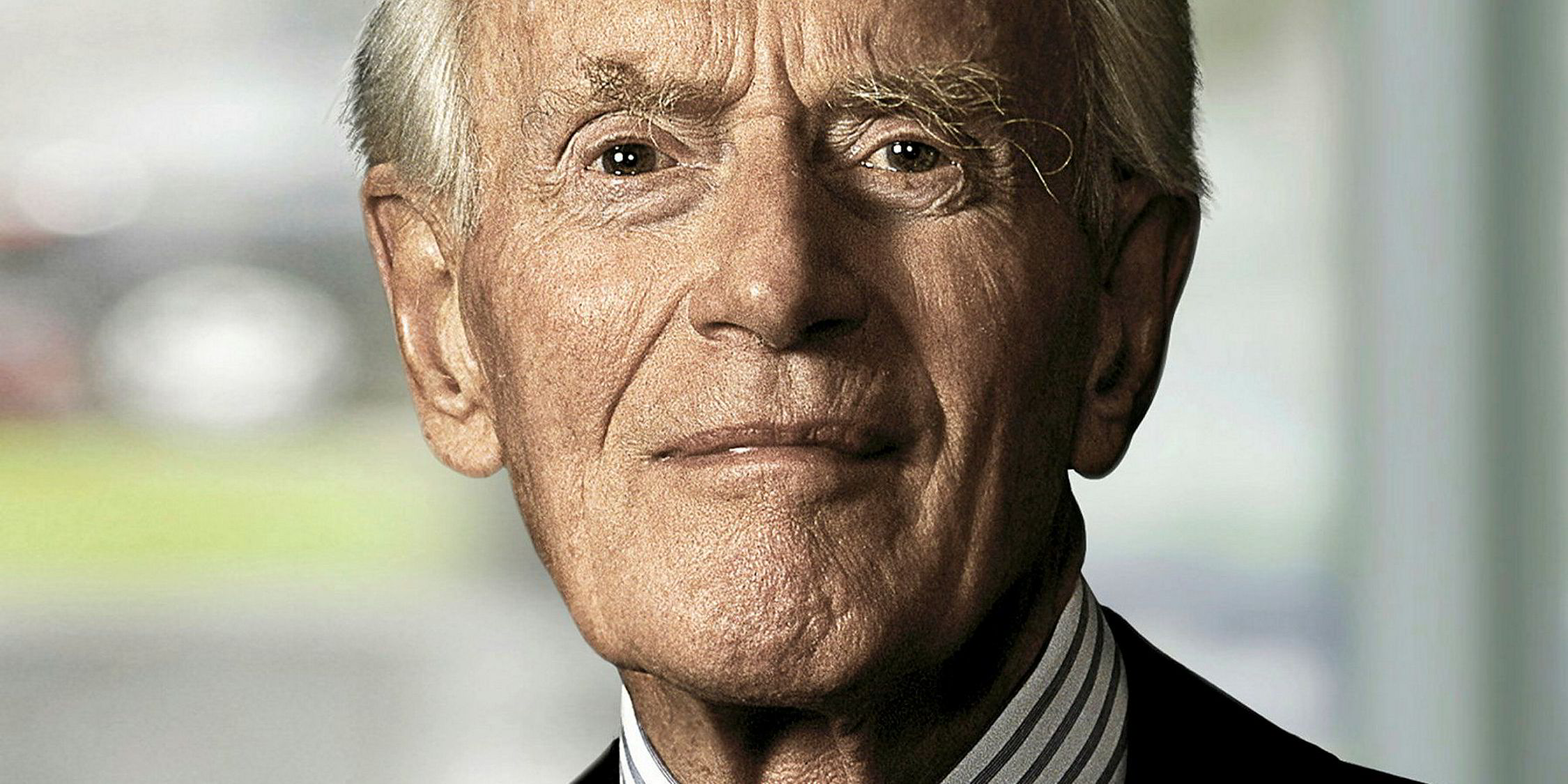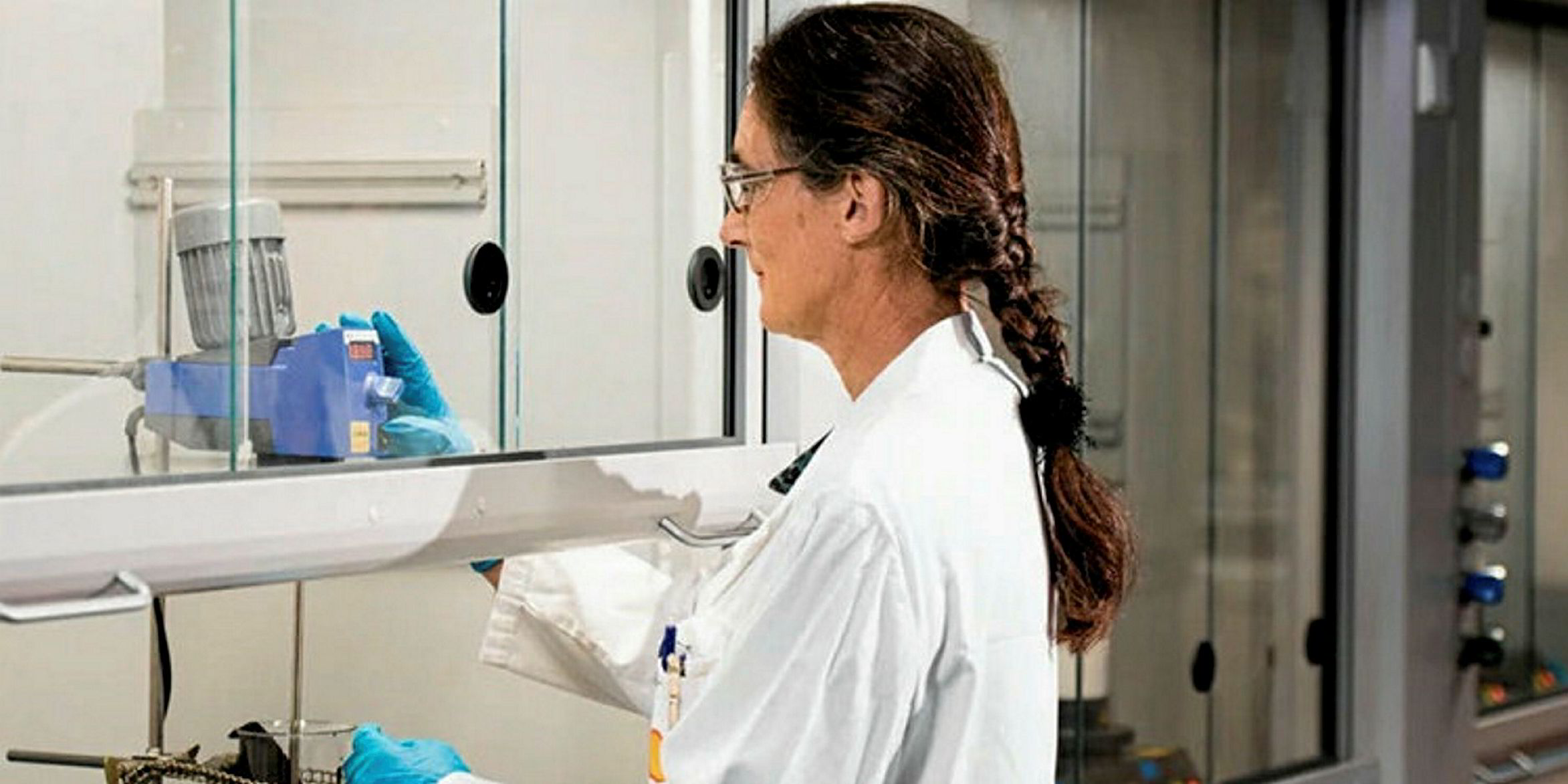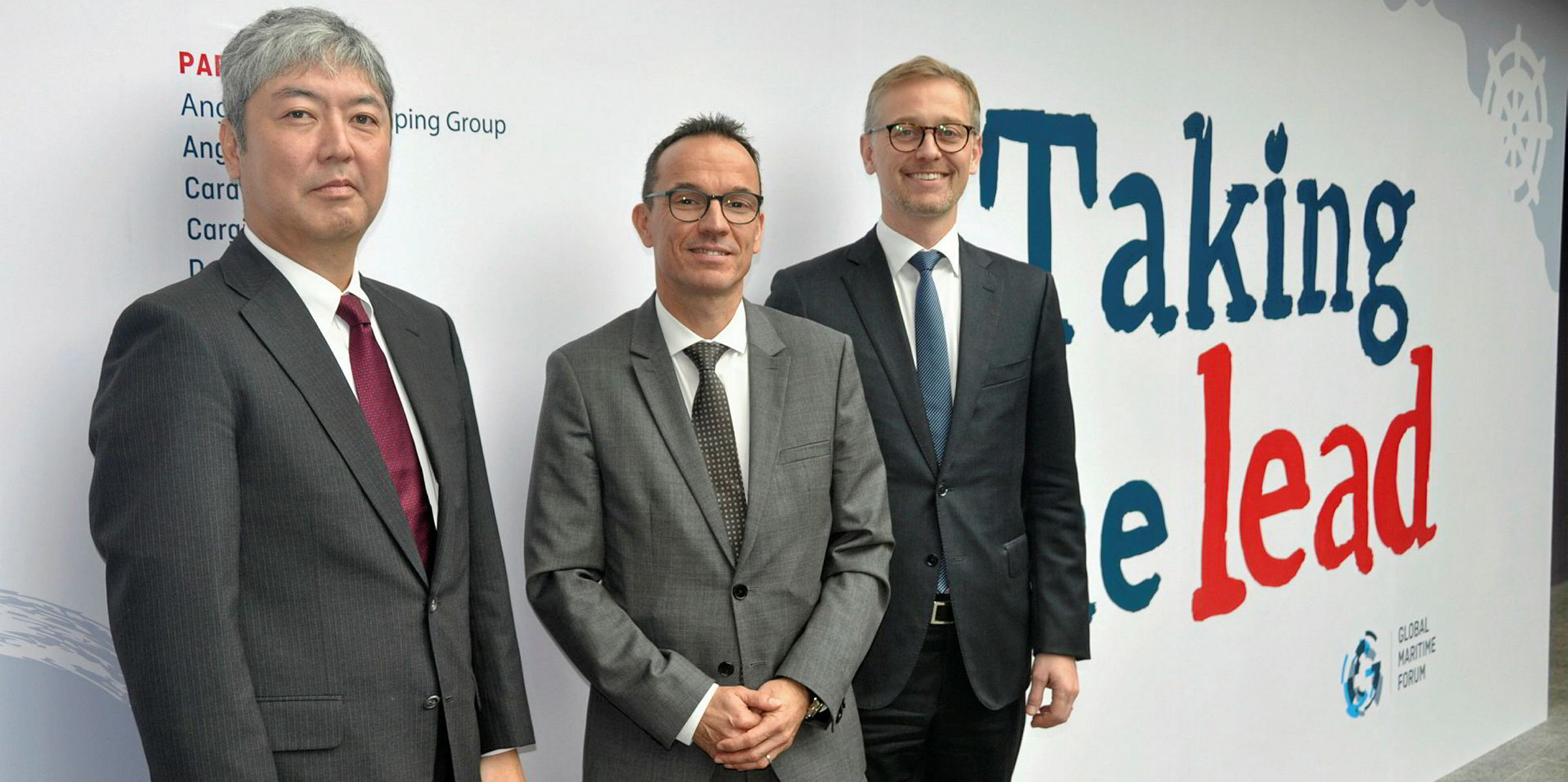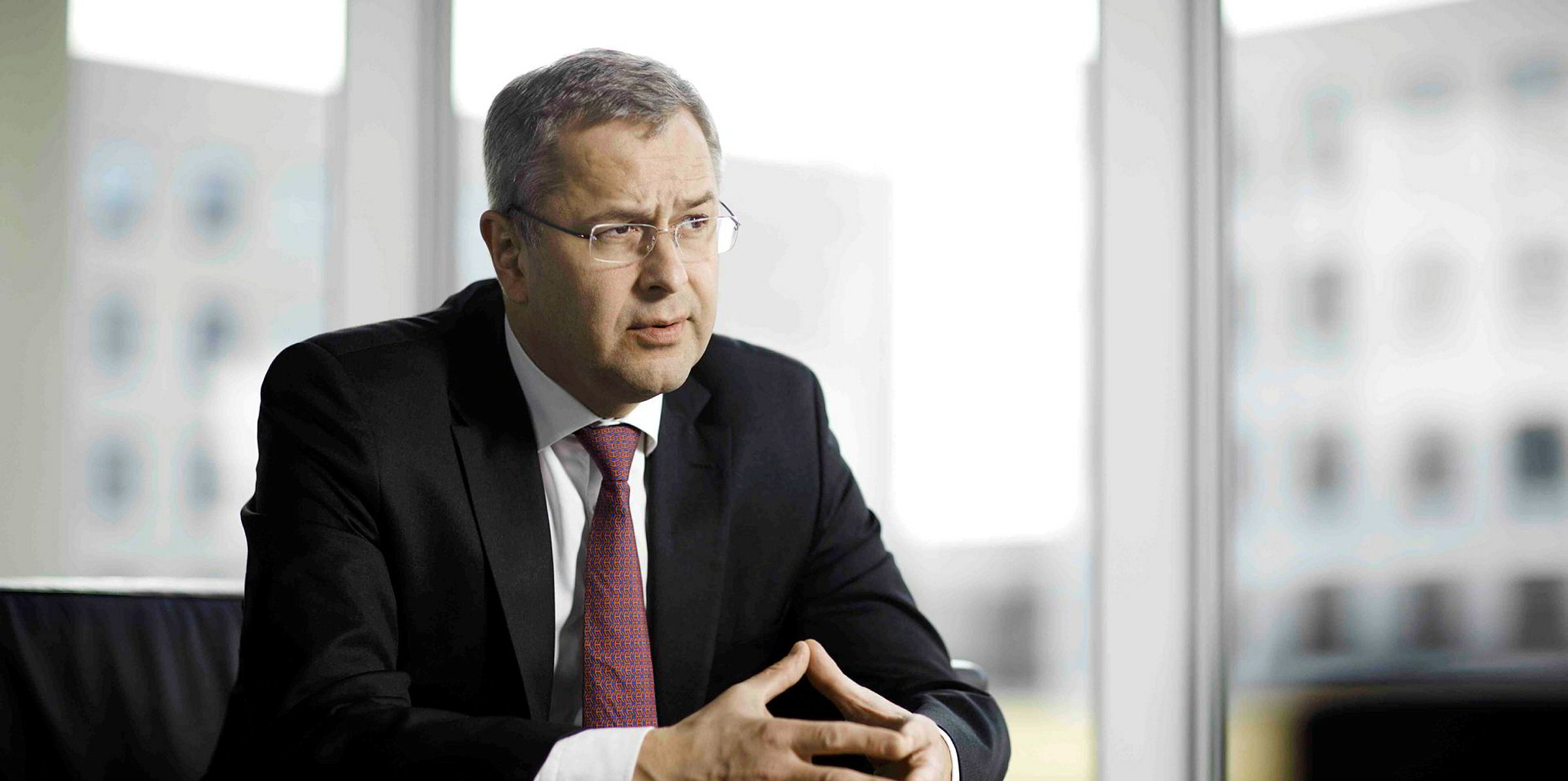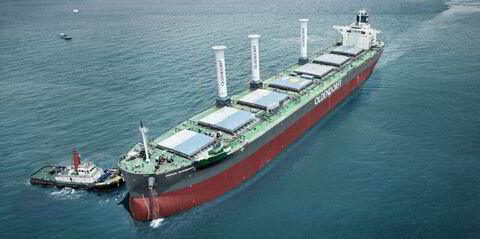AP Moller-Maersk and its zero-carbon shipping partners are setting up a research centre in honour of the group's long-serving chief executive and chairman.
Copenhagen's Maersk Mc-Kinney Moller Center for Zero Carbon Shipping will develop new fuel types and technologies to help move the industry towards its emission-reduction targets.
Shipowner Maersk is working with classification society ABS, charterer Cargill, engine maker MAN Energy Solutions, shipbuilder Mitsubishi Heavy Industries, giant Japanese shipping rival NYK Line and Siemens Energy.
Visionary leader
The centre is being made possible by a start-up donation of DKK 400m ($60m) from the AP Moller Foundation.
"With this donation, the AP Moller Foundation wishes to support the efforts to solve the climate issue in global shipping," said the foundation's chairman, Ane Uggla.
"My father, Maersk Mc-Kinney Moller, was a visionary leader in the global shipping industry for more than seven decades. He was concerned about shipping’s impact on the environment."
She explained that the boss, who died aged 98 in 2012, championed the use of low-sulphur fuel in the 1980s.
Mc-Kinney Moller also pioneered the first double-hull tankers in the 1990s to minimise the risk of oil spills.
"Therefore, I find it very natural that my father’s name will be connected to the centre," Uggla said.
Mc-Kinney Moller was the son of Maersk founder Arnold Peter Moller. The centre in his name will be a non-profit organisation, set up as a commercial foundation with a charitable purpose.
It will work with academics and authorities to support the regulatory, financial and commercial means to enable shipping to transform itself.
Partnerships already in place
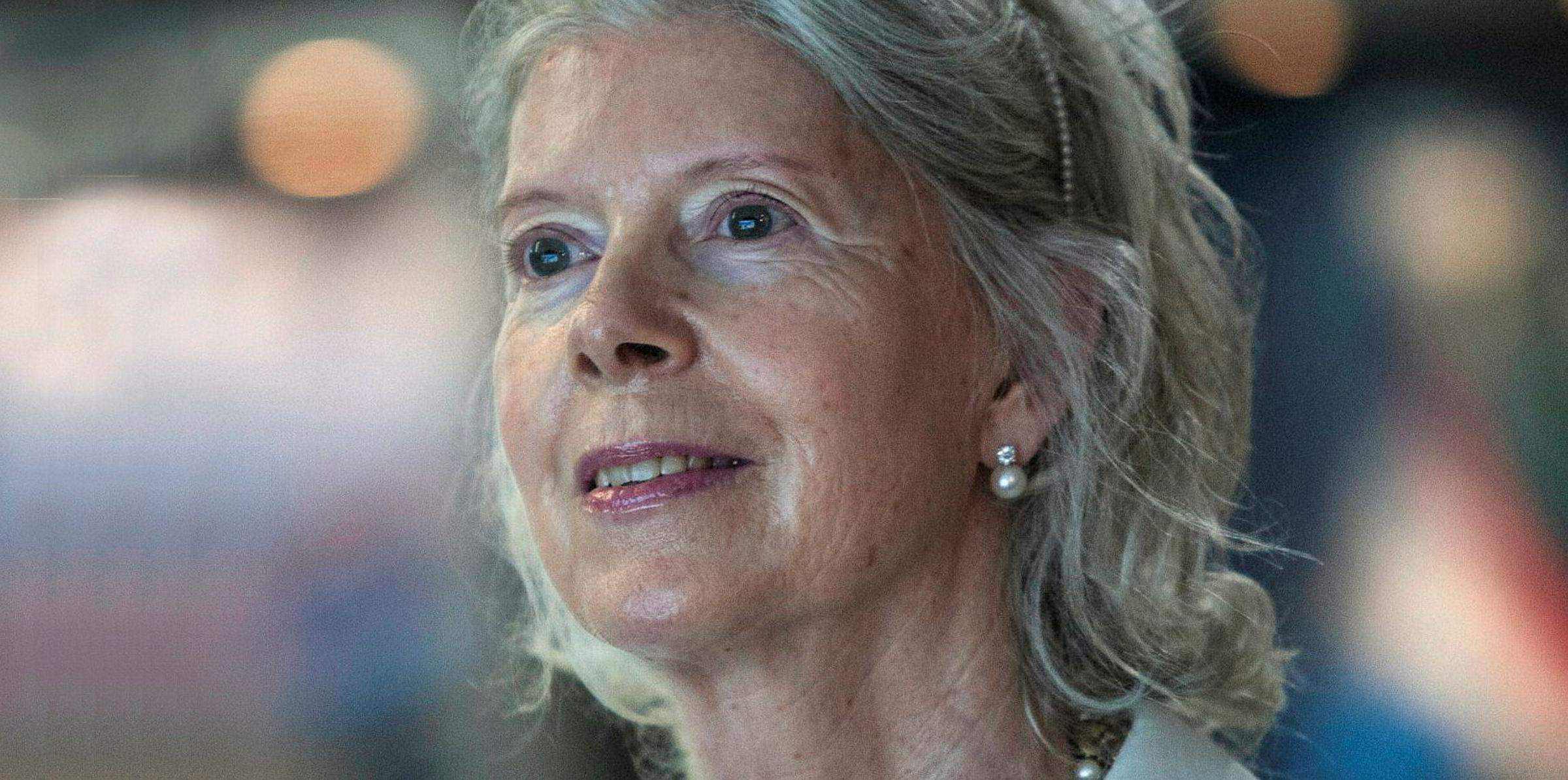
Cargill is already working with Maersk Tankers and trader Mitsui & Co to launch a collaborative project to share their knowledge of how to make cuts to greenhouse gas emissions from the ships they own or operate.
Maersk has been vocal in supporting research into alternative fuels such as methanol and ammonia.
The centre will have a board of directors including Maersk group chief executive Soren Skou.
Its management will be headed by Bo Cerup-Simonsen, an engineer and naval architect.
"This is the early days of a demanding and necessary transformation of an entire industry. Thanks to the AP Moller Foundation and the support from industry-leading partners, we now have a unique opportunity to unfold the potential of a sector-wide collaboration towards complete decarbonisation," he said.
More partners to join
The partners will contribute their own experts and other resources such as testing platforms to support the operation.
The group expects to add more partners in the future.
In the first two to three years, the centre will recruit around 100 employees. The partners are providing a quarter of this number.
Skou said: "This joint initiative will fast-track the development of solutions and help to accelerate investments and implementation of new technologies among key players in the industry."
ABS chief executive Christopher Wiernicki called decarbonisation a "complex riddle of vessel technologies, fuels and operational optimisation".
"ABS is proud to contribute to the work of the Maersk Mc-Kinney Moller Center for Zero Carbon Shipping, which will undoubtedly play a significant role in solving this riddle for the industry," he added.
And Jan Dieleman, head of Cargill’s ocean transportation business, said the centre was being established at a critical time for the maritime industry.
"Up until now there has been extensive discussion about decarbonising shipping and zero-carbon fuels, but no real capacity to execute the necessary research, analysis and development to move forward," he said.
"The generous funding offered by the AP Moller Foundation, combined with access to knowledge, technical expertise and networks across the entire shipping value chain that Cargill and the other founding partners will contribute, will provide that capacity to drive execution and accelerate progress."
